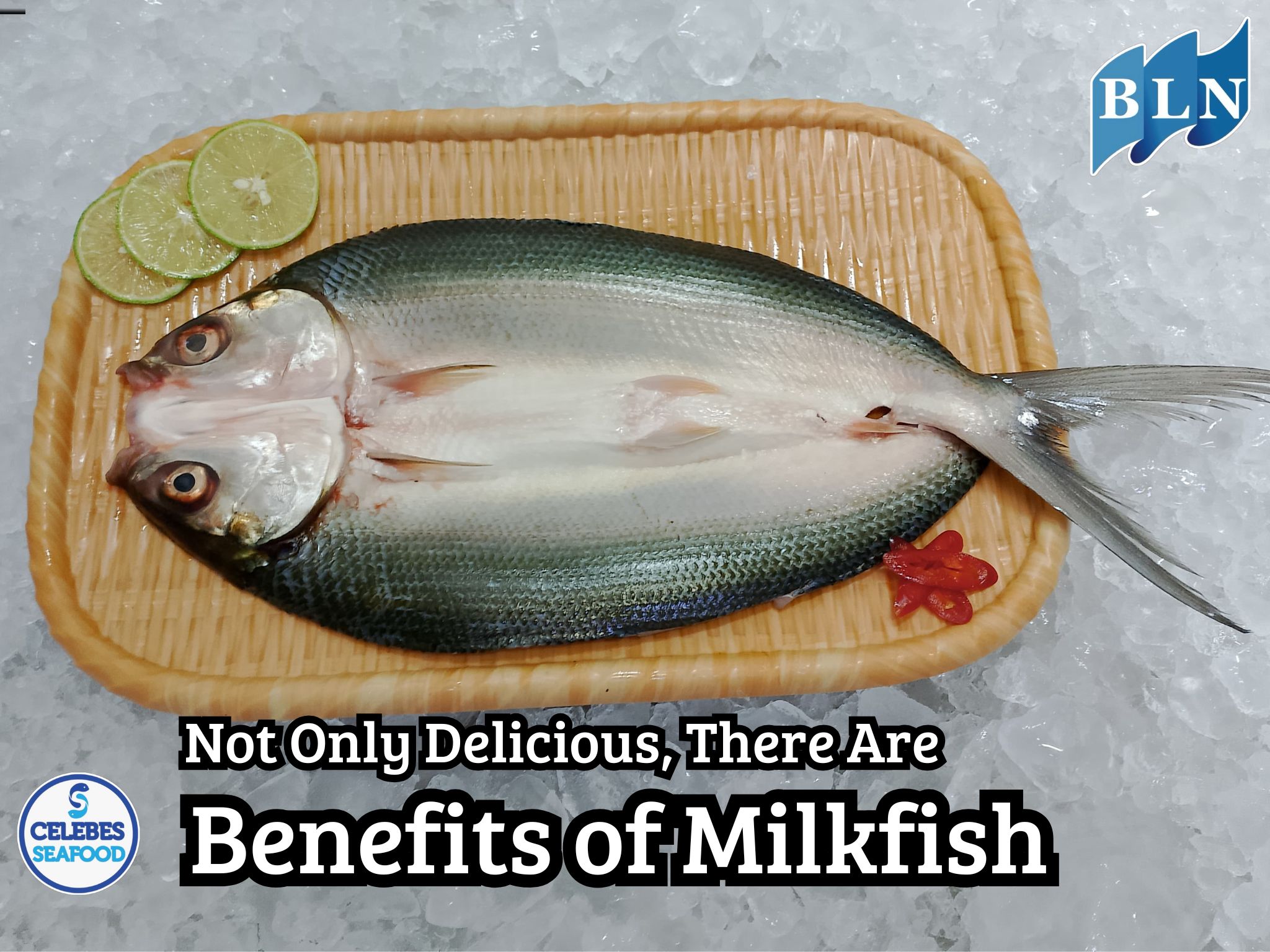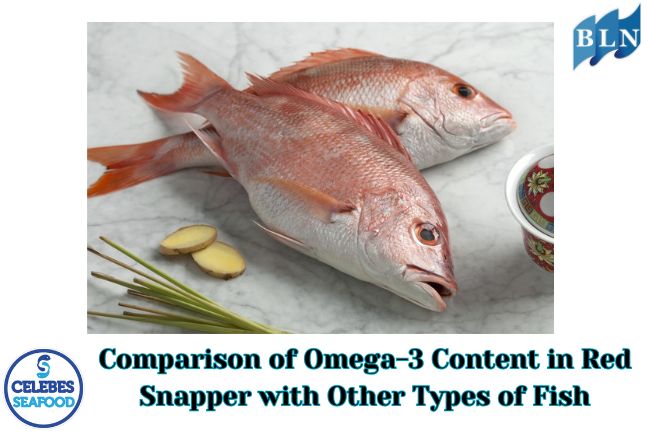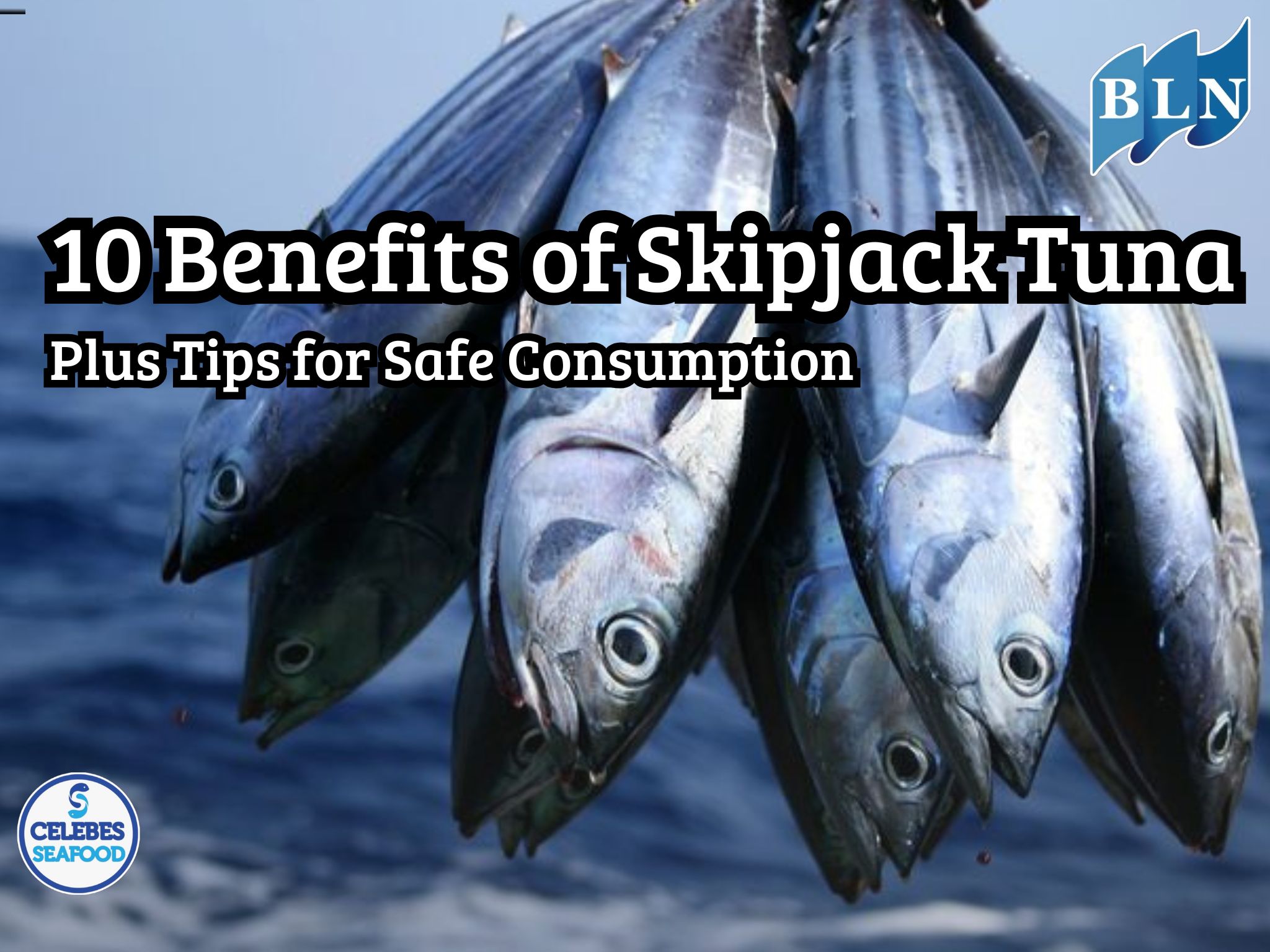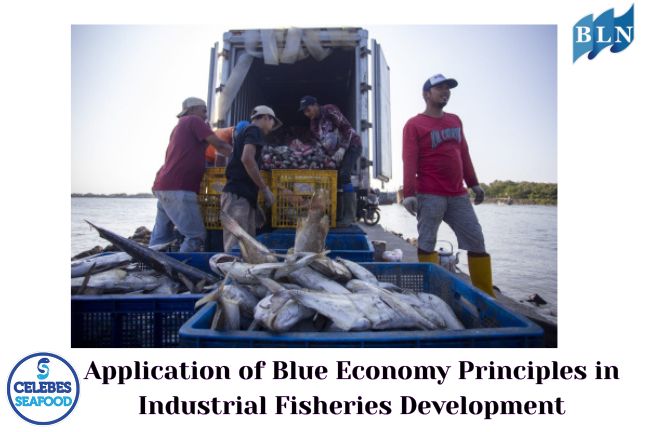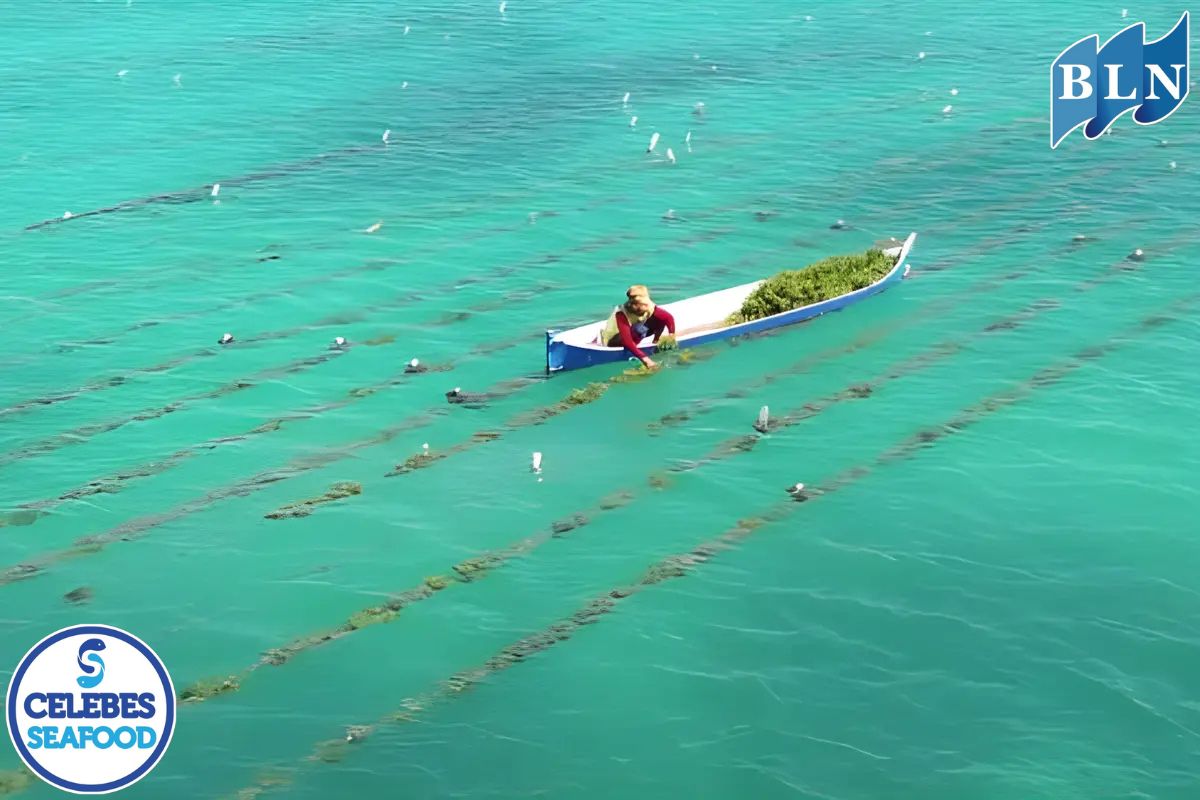5 Weakness of Longlines as Fishing Gear
By. Nevanda - 25 Jul 2023
lautnusantara.com - Longline fishing has become a popular way to catch large pelagic fish in the vast ocean. Using long fishing lines equipped with a variety of baits and hooks, fishermen can target species with high commercial value, such as tuna and swordfish.
However, despite its efficiency and satisfying catch, this method also has some serious drawbacks that should not be overlooked. The impact on the environment and sustainability of fish resources, as well as the problem of bycatch involving the capture of non-target fish, are serious challenges that need to be addressed in an effort to achieve sustainable fishing.
Read also: 7 Health Benefits You Can Get From Tuna
In this article, we take a closer look at the drawbacks of using longlines and the importance of finding alternative solutions to preserve our marine wealth. The following are some of the drawbacks and negative impacts that can be caused by the use of longline fishing gear:
1. Bycatch
One of the biggest impacts of longline use is bycatch, which is the accidental capture of non-target fish, such as sea turtles, dolphins, other sharks and seabirds. Bycatch leads to population declines of endangered species and damages marine ecosystems.
2. Effects on marine habitats
Longlines can cause damage to marine habitats such as coral reefs and seabed ecosystems due to long, heavy fishing lines. This has a negative impact on ecosystem sustainability and biodiversity.
3. Overfishing
Large-scale use of longlines can lead to overfishing, which can threaten the survival of some fish species.
Read also: How to Devein Shrimps Like a Pro
4. Plastic dust and waste
The use of longlines often involves the use of plastic, and can increase the problem of plastic waste and marine debris.
5. Conflict with conservation
The use of longlines is often a source of conflict with conservation and environmental protection efforts, due to their negative impacts on marine ecosystems and endangered species.
In order to achieve sustainability of marine resources and maintain ecosystem balance, it is important to adopt more sustainable fishing practices, such as the use of more selective and environmentally friendly purse seines.


